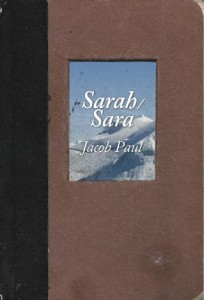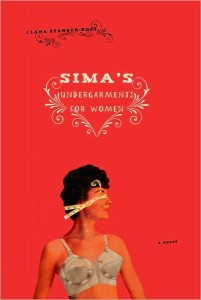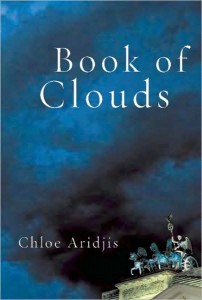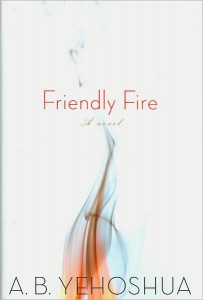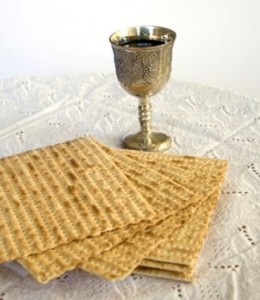The Text You Can’t Control: An Interview with Jacob Paul
by Aaron J. Cance
“We create things that we hope will, someday, become objects of value. In the wake of the 9/11 attacks, many writers–Foer, DeLillo, and Roth, to name just a few–all came out with 9/11 novels. I was initially bothered by this. I wanted to say, ‘Fuck you; I was there.’ This passed for a couple reasons. First was the realization that we’re all survivors of one type or another. Second, these texts can never really become authoritative positions on the experiences of a group of people, no matter how well written they are or how well credentialed their creators might be. There’s no uniform experience of being a 9/11 survivor, no uniform experience of being a woman. These are things that can’t be owned by anyone.”



